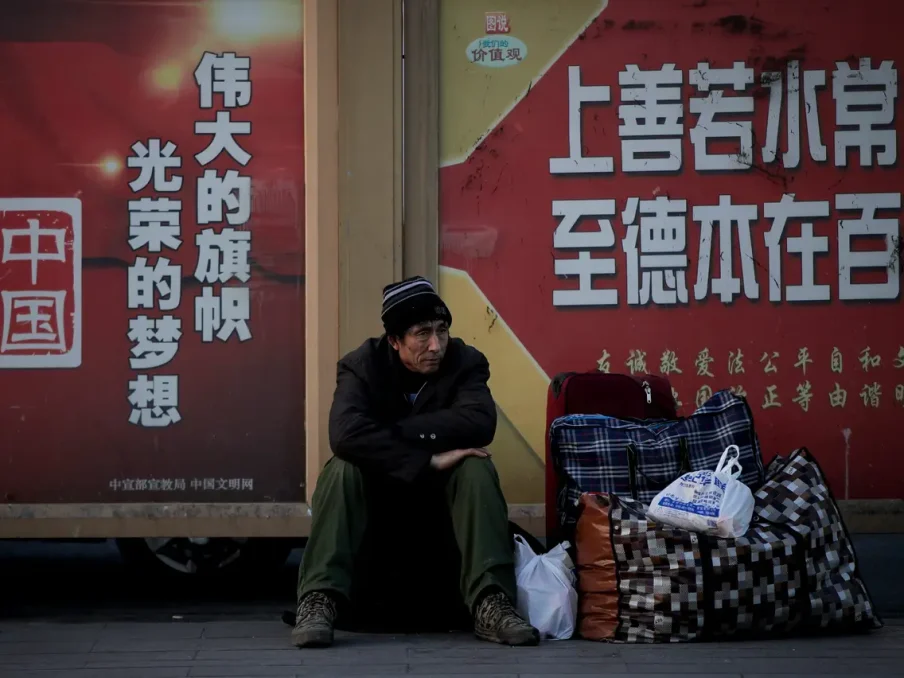China’s economy has slipped deep into deflation as consumer prices declined in July for the first time in two years. Last month marked a decline of 0.3% in the official consumer price index of China compared to the year earlier. Consumer Price Index is a measure of Inflation.

According to analysts, such inflation levels in the world’s second-largest economy have created pressure on the government to revive demand. Deflation in China’s economy has been attributed to weak import and export data and its failure to gain post-pandemic momentum.
Beijing is also struggling with inflating local government debts and falling prices have made it difficult to reduce them. The government is also not able to control other problems that stem from deflation such as slower growth rate and youth unemployment.
How did it Start?
A majority of the developed countries saw a boom in demand after the pandemic. People could not spend much during the pandemic owing to restrictions. As soon as the pandemic ended, people had enough disposable income which could be spent. Demand increased to the point where businesses couldn’t keep up.
But this was not the case in China. It imposed the world’s tightest covid restrictions. Here prices did not rise when covid rules were loosened. As a result, Consumer prices fell in 2021. Its deflation graph has been flattening since the start of the year due to weak demand. Prices charged by China’s manufacturers- called factory gate prices-have also been falling.
Alicia Garcia-Herrero, a professor at the Hong Kong University of Science and Technology said that it is worrisome as long as China’s demand is falling while the world, especially the West is awakening. She added that the deflation is not good news for China, debt will only become difficult to manage. “All of this is not good news,” said Alicia.

A Problem for China
China is the largest producer of goods that are sold across the globe. A probable impact of a prolonged period of deflation could be that it may help in controlling prices in other countries, such as the United Kingdom.
On the flip side, if Chinese goods with reduced prices enter the global market, it could badly hit the producers in other countries. As a result, investment, businesses, and employment will be severely affected.
Falling prices in China could also impact company profits, which may lead to higher unemployment. Additionally, it may lead to a fall in demand for energy, food, and raw material, ultimately affecting global exports.
How will it Affect China’s Economy?
The Chinese economy is facing multiple hurdles at the moment. It is still recovering from the after-effects of the pandemic. Official data showed that its exports this July have fallen by 14.5% as compared to the previous year. Similarly, imports have dropped by 12.4%. These worrying statistics indicate that China’s growth rate could fall further towards the end of the year.
China is also engulfed in a property market crisis ever since the near-collapse of Evergrande- its second-largest property developer. The Jinping government has been trying to portray itself as if everything is under control but is trying little to encourage economic growth.
Eswar Prasad, a professor of trade policy and economics at Cornell University stated that establishing confidence between investors and customers can be the solution to China’s road to recovery. He added that the government needs to gain the confidence of the people so that they will spend and invest rather than save their money.













